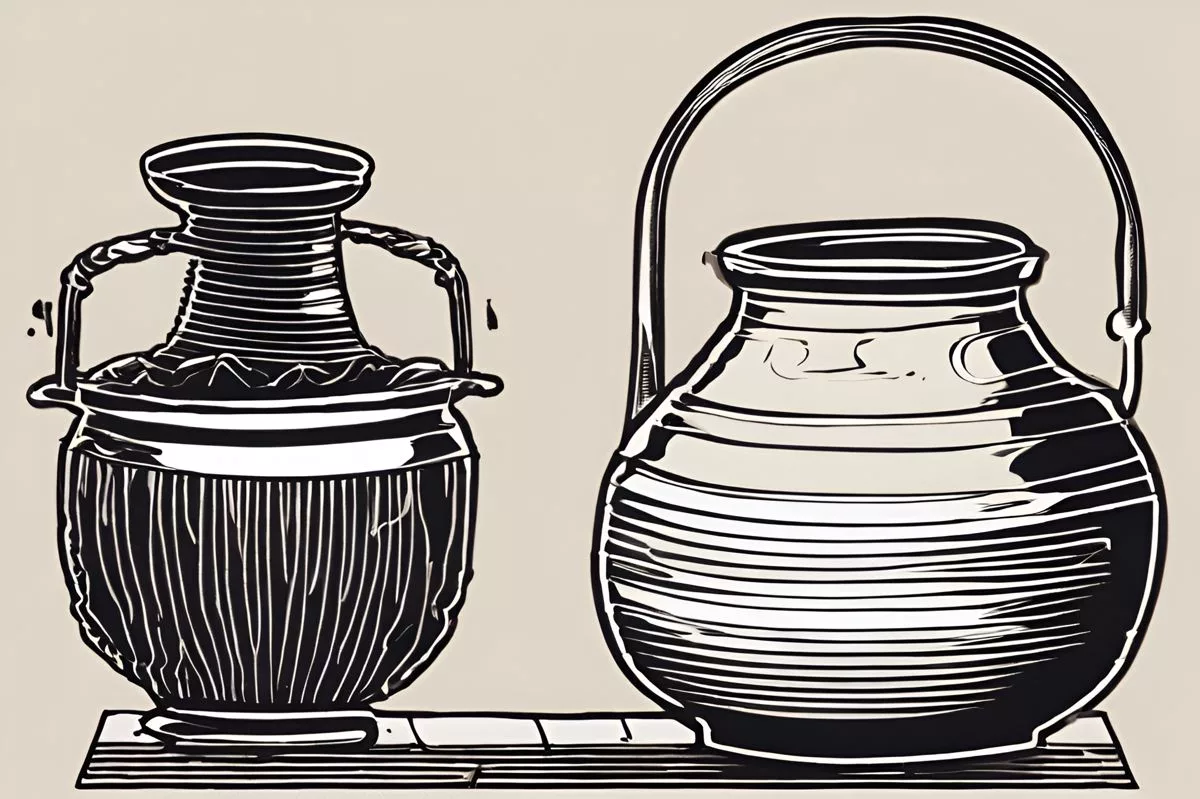South Africa is facing a crisis as it tries to evict hundreds of foreign nationals who refuse to reintegrate into local societies or return to their home countries. Home Affairs Minister Leon Schreiber has called for innovative solutions to accelerate the asylum application process and resolve the situation. However, the lack of refugee facilities and an overwhelmed asylum application system are contributing to the humanitarian drama in Cape Town and the desperate situation of the refugees caught between a rock and a hard place.
South Africa is facing a humanitarian crisis as it struggles to evict hundreds of foreign nationals from its suburbs. The refugees, who refuse to reintegrate into local societies or return to their home countries, have been left in limbo due to South Africa’s overwhelmed asylum application system and lack of refugee facilities. Home Affairs Minister Leon Schreiber has called for immediate and definitive action to resolve the situation, highlighting the need for innovative solutions to accelerate the asylum application process.
The Unfolding Humanitarian Drama in Cape Town
At the very heart of Cape Town, within the suburban neighborhoods of Wingfield and Paint City, Bellville, a nuanced humanitarian narrative is being written. Leon Schreiber, the Home Affairs Minister, has declared his resolution to act definitively pertaining to the eviction of foreign nationals hailing from these areas. This action resonates well beyond South Africa’s boundaries.
On his recent sojourn to the Cape Town Refugee Reception Office situated in Epping, Schreiber highlighted the persistent problem that has been gnawing at South Africa’s societal and political framework for ages. If we travel back to 2019, the vehement protests of hundreds of refugees outside the United Nations High Commission for Refugees continue to echo in the collective memory. These refugees adamantly rejected the notion of reintegration into local societies or repatriation, resolutely clinging to their ambition of resettlement in what they regarded as safer territories, such as the United States or Canada.
With the Covid-19 pandemic taking a firm grip on the world, the persistent image of 500 refugees, inclusive of 200 children, taking shelter in Bellville’s Paint City, refusing to reintegrate into South African societies, served as a stark measure of the extent of their desperation. The ambition of relocation to another nation was clung to with a persistence that emphasized their fear and hope in equal parts.
The Eviction Conundrum: A Tale of Desperation and Fear
Schreiber has now confirmed that his department and the City of Cape Town are poised to initiate a joint application to evict the refugees and asylum seekers residing in Paint City and Wingfield. Over time, he states that the Department of Home Affairs has proposed several alternative solutions, like resettlement and repatriation. However, these suggestions have been met with an uncompromising refusal from the refugees.
Schreiber characterizes the current situation as untenable for both the Department of Home Affairs and the City of Cape Town. He affirms that the pressure this puts on the societies of Paint City and Wingfield is substantial, necessitating immediate and definitive steps.
The Overwhelming Asylum Application Backlog
In the midst of the eviction predicament, Schreiber also exposed the problem of a significant backlog of asylum applications. A system overwhelmed with applications and incapacitated in processing them promptly obstructs the capacity to offer asylum seekers the sanctuary they seek, thereby intensifying their plight. He pointed to the necessity for innovative solutions to accelerate the asylum application procedure.
Schreiber adamantly maintains that “no one can assert that they have not been presented a viable alternative.” He insists that the only choice is to insist they vacate these sites, reintegrate, or have their asylum applications processed.
South Africa’s Refugees: Between a Rock and a Hard Place
Schreiber also made it clear that South Africa lacks extensive refugee camps or facilities to isolate individuals from societies. He pressed on the fact that the decision to welcome refugees from South Africa is entirely up to third countries. According to Schreiber, such a situation has not occurred in the past five years.
This sequence of events brings to the fore a broader, worldwide debate on immigration, human rights, and asylum policies. It underscores the critical need for international cooperation and exhaustive policy modifications for the sake of countless lives caught in the conflict.
1. What is the crisis in South Africa?
South Africa is facing a crisis as it tries to evict hundreds of foreign nationals who refuse to reintegrate into local societies or return to their home countries.
2. What is the Home Affairs Minister’s stance on the issue?
Home Affairs Minister Leon Schreiber has called for innovative solutions to accelerate the asylum application process and resolve the situation, emphasizing the need for immediate and definitive action.
3. What is contributing to the humanitarian drama in Cape Town?
The lack of refugee facilities and an overwhelmed asylum application system are contributing to the humanitarian drama in Cape Town and the desperate situation of the refugees caught between a rock and a hard place.
4. What is the backlog of asylum applications?
There is a significant backlog of asylum applications, which is hindering the capacity to offer asylum seekers the sanctuary they seek. Schreiber has called for innovative solutions to accelerate the asylum application procedure.
5. What alternatives have been proposed to the refugees?
The Department of Home Affairs has proposed several alternative solutions such as resettlement and repatriation, but these suggestions have been met with an uncompromising refusal from the refugees.
6. What is the broader debate that this crisis brings to the fore?
This sequence of events brings to the fore a broader, worldwide debate on immigration, human rights, and asylum policies. It underscores the critical need for international cooperation and exhaustive policy modifications for the sake of countless lives caught in the conflict.












